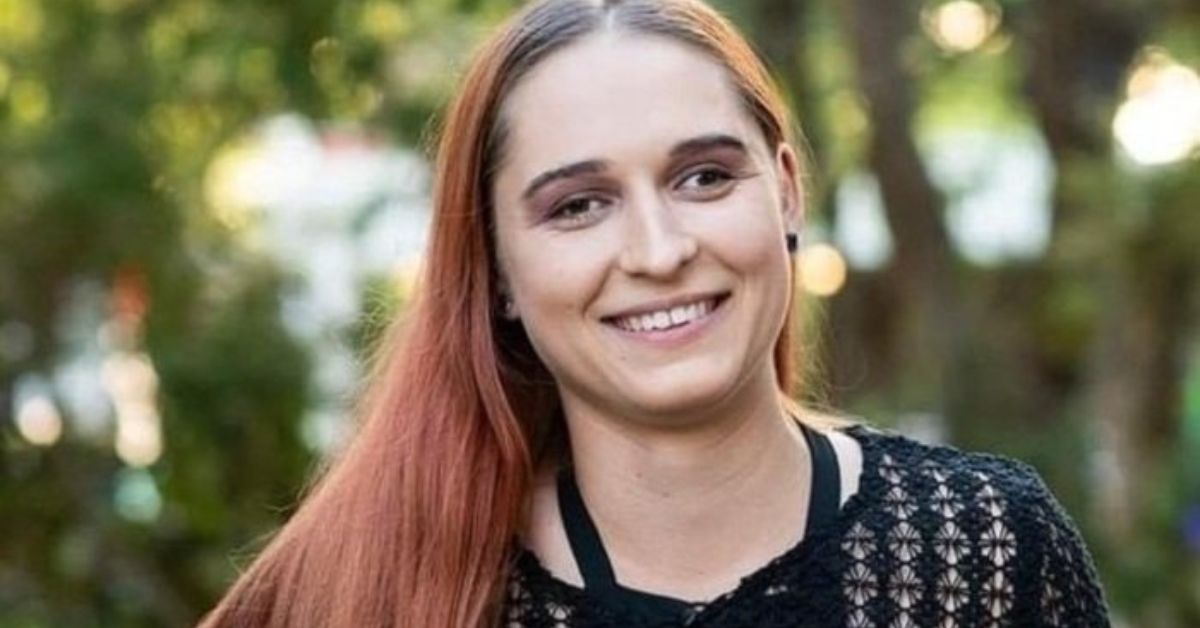Written by Ness Vlajkovic.
When you think about the concept of self-care, something that doesn’t necessarily spring to mind is how significantly different this is for people with a disability, as opposed to those without. It is easy to assume that self-care means the same to all humans. In actual fact, that could not be further from the truth.
Of course, everybody needs down time. We need to ensure we can relax, recharge our batteries and avoid burn-out. This applies to all people, but when you take into account that some of us have additional challenges in our lives, the risk of burn-out is doubled.
As an example – because I am deafblind, I can not do some typical self-care activities that others who aren’t deafblind might do. I can’t go to the movies and see a film, or watch Netflix while curled up on the couch. Going for a long drive, a walk on the beach; neither are possible as they require me to have someone there, which completely defeats the purpose of alone time. These things are taken for granted by people who are not deafblind/disabled. I have to find other ways to carry out self-care, and this is not always easy.
One thing that brings me great joy and allows me to truly switch off, is reading, but the National Disability Insurance Agency (NDIA) are of the belief that funding braille translation of books is not “reasonable” or “necessary”. As a result, my choices for self-care are even more limited; the NDIA does not understand the impact deafblindness has on my ability to access the most basic of things – books.
I am not trying to attract sympathy. I am hoping to give a glimpse of reality. I cannot speak on behalf of other people with disability – we vary considerably in how we cope with self-care barriers – but I’m willing to bet that there will be more negative than positive stories on the subject, due solely to societal influences creating a world that disadvantages people with disability.
I don’t mean to come across as pessimistic, it is just the unfortunate truth. We must endeavour to make the best of a difficult situation, and hope that by educating non-disabled people, we can create change for future generations so that they do not suffer to the same extent.


